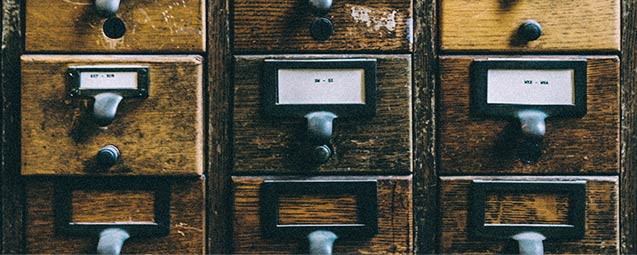
OCD - An Introduction
What is it?
So many of my clients come to me suffering with the symptoms of OCD that I thought I would write a set of articles about it to answer some of the common questions that come up in our sessions.
This article is an introduction to OCD. Over the next few months I will add to the subject, with relevant links to make it easier to find what you are looking for.
OCD is an anxiety disorder where the sufferer is dogged by unwanted thoughts, called obsessions. These are usually (although not always) accompanied by a strong desire to carry out an activity or behaviour of some sort to get rid of the unwanted obsession. These behaviours are the compulsions that are talked about in OCD.
What is an obsession?
In OCD the disturbing thoughts are called ‘obsessions,’ and they are usually unpleasant with very negative and disturbing content. They are intrusive and unwanted; regardless of your desire, they just seem to pop into your head without being invited.
Obsessions are really varied; however, some unwanted thoughts might be about being responsible for causing, or failing to prevent, harm to yourself, your loved ones or others. For example, the thought of killing your child or a stranger might be the core of an obsession.
People who suffer from OCD may interpret the thoughts they have to mean something really bad about themselves, such as that they are going mad, or that they are a danger to others.
Annabelle, Crouch End: "Over a 10 week course, Andrew has helped and empowered me to overcome my compulsive checking of perceived danger in the house. His calm, confident and intuitive approach gave me the space and belief I needed to focus on myself and stop unnecessary anxiety-led behaviour.
He motivated me to confront my anxiety and challenged me to reject the need to over check. I feel liberated and proud that with Andrew’s help, I now feel in control of the anxiety that was controlling me. I cannot recommend him enough. "
What is a compulsion?
The compulsions in OCD can be thought of as the way that the discomfort from the obsessions is reduced.
They are often tasks or behaviours that are repeated over and over again, perhaps in a specific order. They may become ritualised over time. Common compulsions include arranging objects in a particular order, washing yourself over and over, cleaning, tapping, and saying prayers.
Compulsions don’t have to be physical behaviours; they can also be mental acts such as seeking reassurance, checking you are safe or checking you are not sexually attracted to someone inappropriate.
Compulsions are a coping mechanism. They seem as if they help with the problem.
You may think ‘Where’s the harm?’ However, the reality is that they are maintaining the problem, and as time goes on they are likely to become less and less effective at reducing the unwanted thoughts.
You may feel that if you do not carry out a ritual, you will be responsible for some harm coming to someone, so it is really important to carry out the compulsion. This can be very intrusive and time consuming. OCD sufferers may also decide to reduce the impact on their lives by avoiding triggers altogether. So if, for example, they have trouble locking the door and walking away, they avoid the whole situation by asking their partner to lock it for them. But avoidance is not a long-term solution, either.
What is not OCD
In the media we often hear people say ‘I’m a bit OCD’ as a way of referring to their desire to have things neat. However, a desire to have things neat, tidy or clean is not the same as OCD.
What causes OCD?
The causes of OCD are not totally understood. In the UK it is considered a type of Anxiety Disorder, whereas in the USA it has been reclassified in a separate category, as an Obsessive-Compulsive Spectrum Disorder, along with hoarding and compulsive skin-picking.
It is helpful to consider the causes of OCD in three ways. The most important for anyone trying to fight an OCD problem is to understand what keeps your OCD symptoms going.
The second might be to identify what triggers your OCD. The third, and perhaps least important for actually changing, is to grasp what might have made you more prone to OCD in the first place.
I will go into all three of these in future articles, but the key thing I want to say at this point is that the causes of OCD are ‘biopsychosocial’. That means that it is partly caused by biological or genetic factors, partly by sociological factors, and partly by your own psychology.
Possibly the most important thing for someone who is suffering from OCD to be
aware of is that the things they are so scared of doing, like harming someone else, sexually abusing a child, or going crazy, they are in no way likely to do. In fact, the situation is the opposite; whatever the sufferer is worried about, he or she will not do.
The treatment for OCD looks at how to reduce engagement with the unwanted obsessions and how to break the compulsive behaviours, which are key to the maintenance cycle at the heart of OCD.
